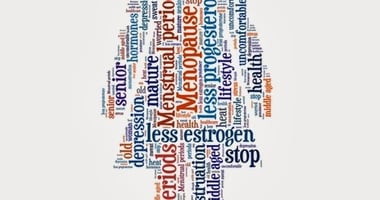Women with hypertension and diabetes may be at higher risk than their peers for cognitive decline...
Study Links Major Depression in Childhood With Cardiac Risk Factors in Adolescence
 |
The study included 566 adolescents—210 who had a major depressive episode in childhood, 195 never-depressed siblings of those children, and 161 healthy control youth with no history of a major psychiatric disorder. All subjects were evaluated for cardiovascular risk factors such as smoking, obesity, and sedentary behavior. The group that had been depressed was found to smoke significantly more, to be significantly less active physically, and to have a significantly higher rate of obesity than their siblings and the controls.
"This is an interesting study and importantly provides additional evidence to support early treatment of depression," Kayla Pope, M.D., J.D., director of Neurobehavioral Research at Boys Town Nebraska/Iowa, told Psychiatric News. "We know that a diagnosis of depression is associated with an increase in morbidity and mortality, and this study provides further insight into the disease pathway. This study also speaks to the need for treatment strategies to address lifestyle issues as well as depressive symptoms and to target exercise, diet, and smoking cessation as key components of a treatment plan."
More information about the depression-cardiovascular association can be found in the Psychiatric News articles "Depression-Cardiovascular Link Found in Young Adults" and "Collaborative Care for Depression Can Reduce Risk for Heart Attacks, Strokes."
(image:lola1960/Shutterstock.com)





